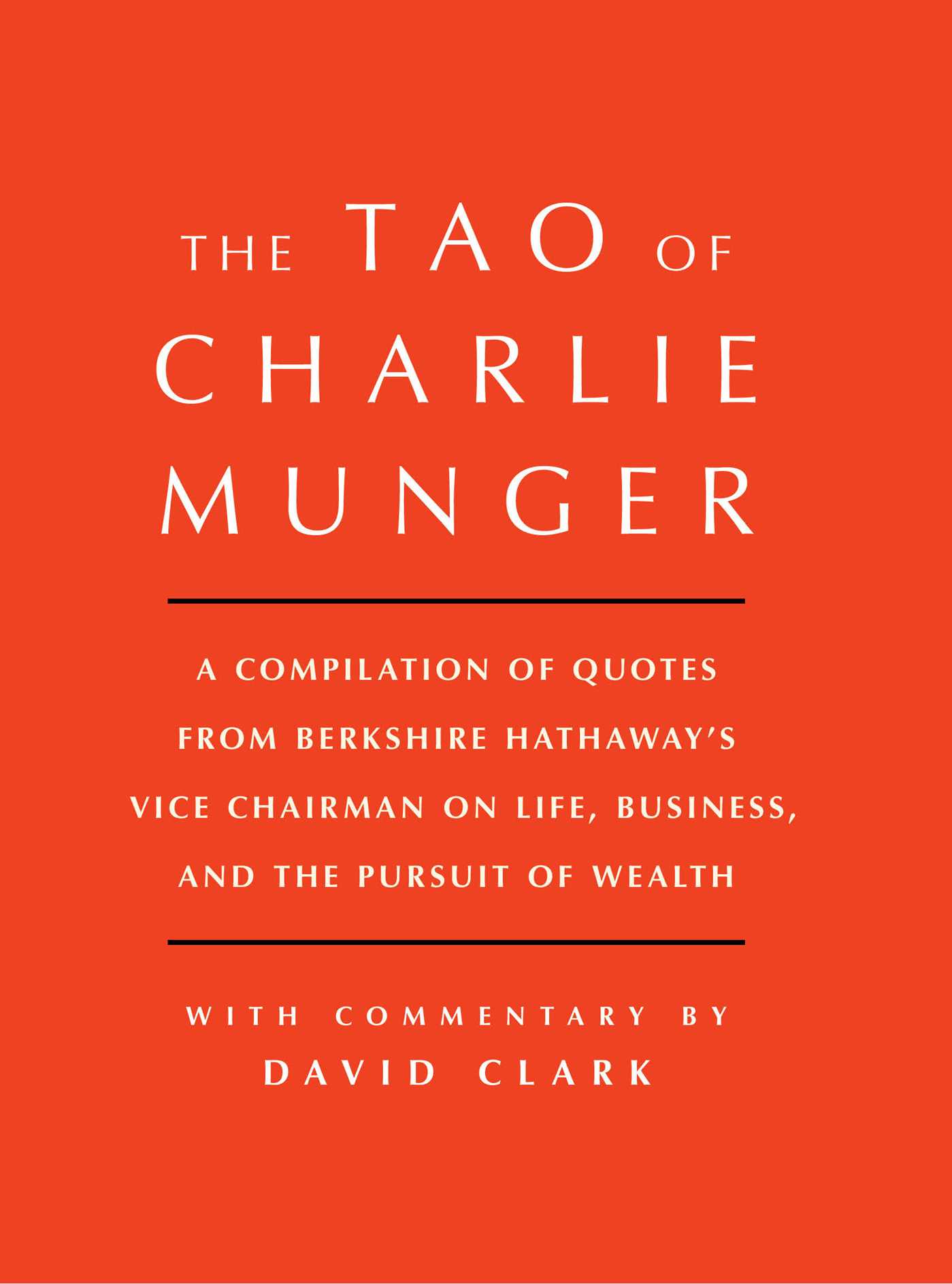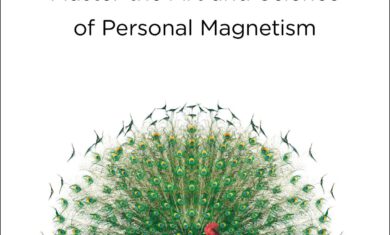This is something that I continue to struggle with but continue to work on — understanding the “other side” as much as I can. As I said a few days ago about understanding those that confound us, this not only helps me sharpen my own beliefs, but will lead me down a path to changing those beliefs if that’s the logical result.
It was over a decade ago that I shared the thoughts of Jeff Bezos when he said that “people who were right a lot of time were people who often changed their minds“, and more recently the quote from J.M. Keynes who said “When somebody persuades me that I am wrong, I change my mind. What do you do?”.
This came up again while reading the “Tao of Charlie Munger” when he said:
“It’s bad to have an opinion you’re proud of if you can’t state the arguments for the other side better than your opponents. This is a great mental discipline.”
The book was written by David Clark, who offered commentary on Charlie’s quotes, and I loved what David had to say about this one. He said:
“This mental exercise comes from Charlie’s early training in law, where it is an advantage to be able to argue both sides of a case. Knowing the other side’s arguments, its possible points of attack, allows one to prepare counterattacks long before a case gets into the courtroom. The most interesting thing about this mental exercise is that after learning the other side’s arguments we just might discover that they are right and we were wrong. Which is probably why so few people take Charlie’s advice on this.”
It reminds me of the idea of the “Steel Man” concept; build the best possible argument that you can in support of the other side so that you can really understand where they’re coming from.
As we head into what will certainly be a contentious political season in 2024, taking the time to understand all points of view will help you keep a more informed opinion and a level head as things get heated.




